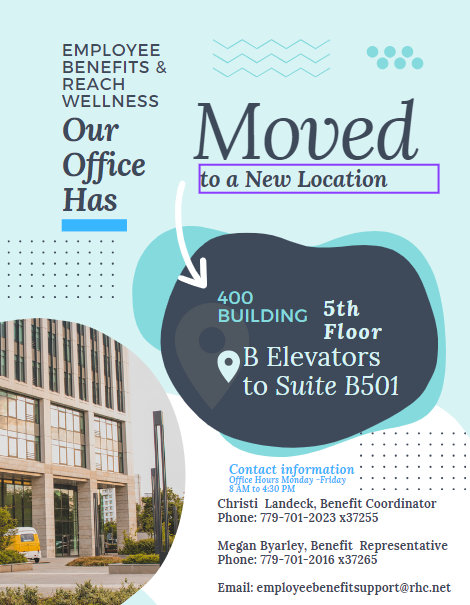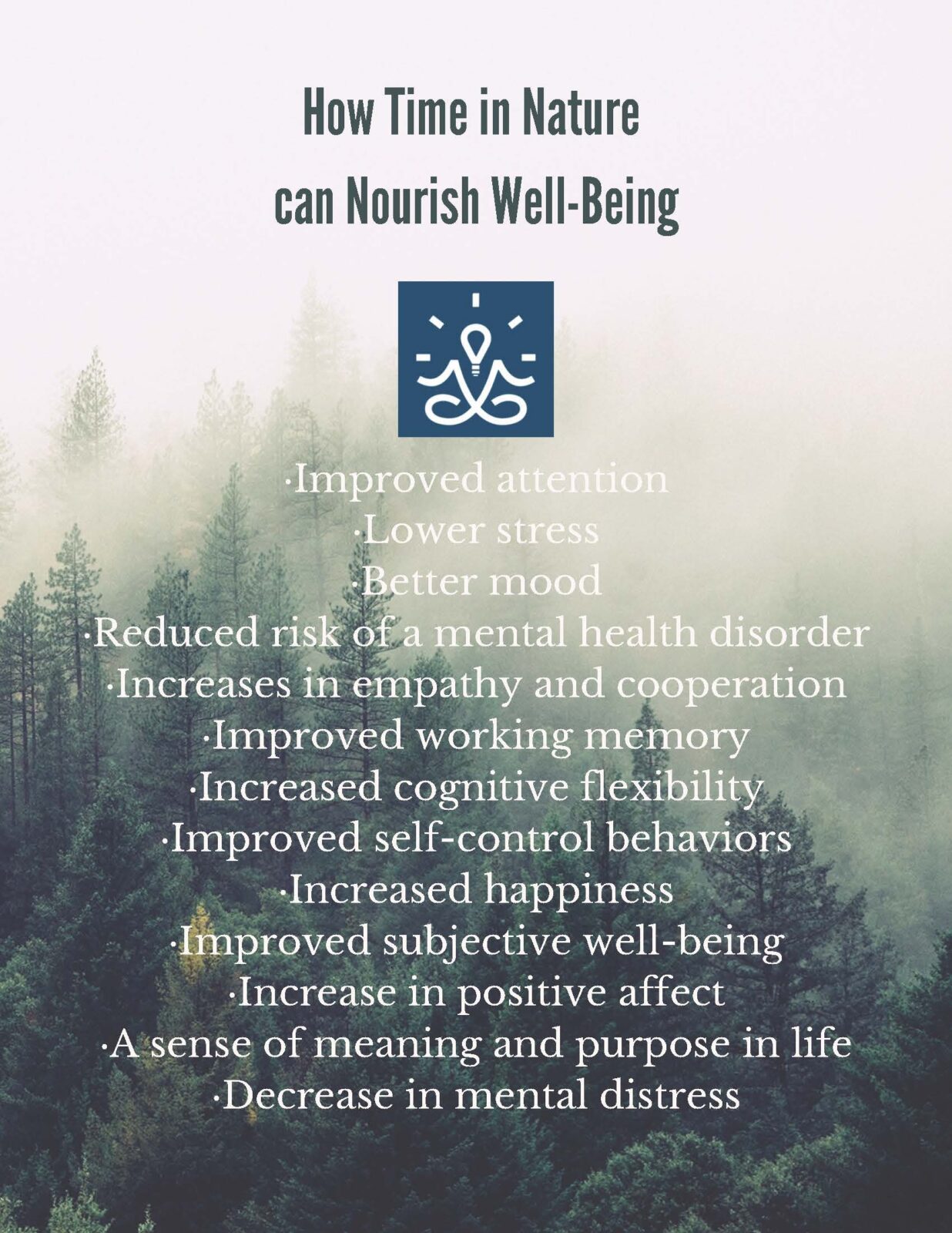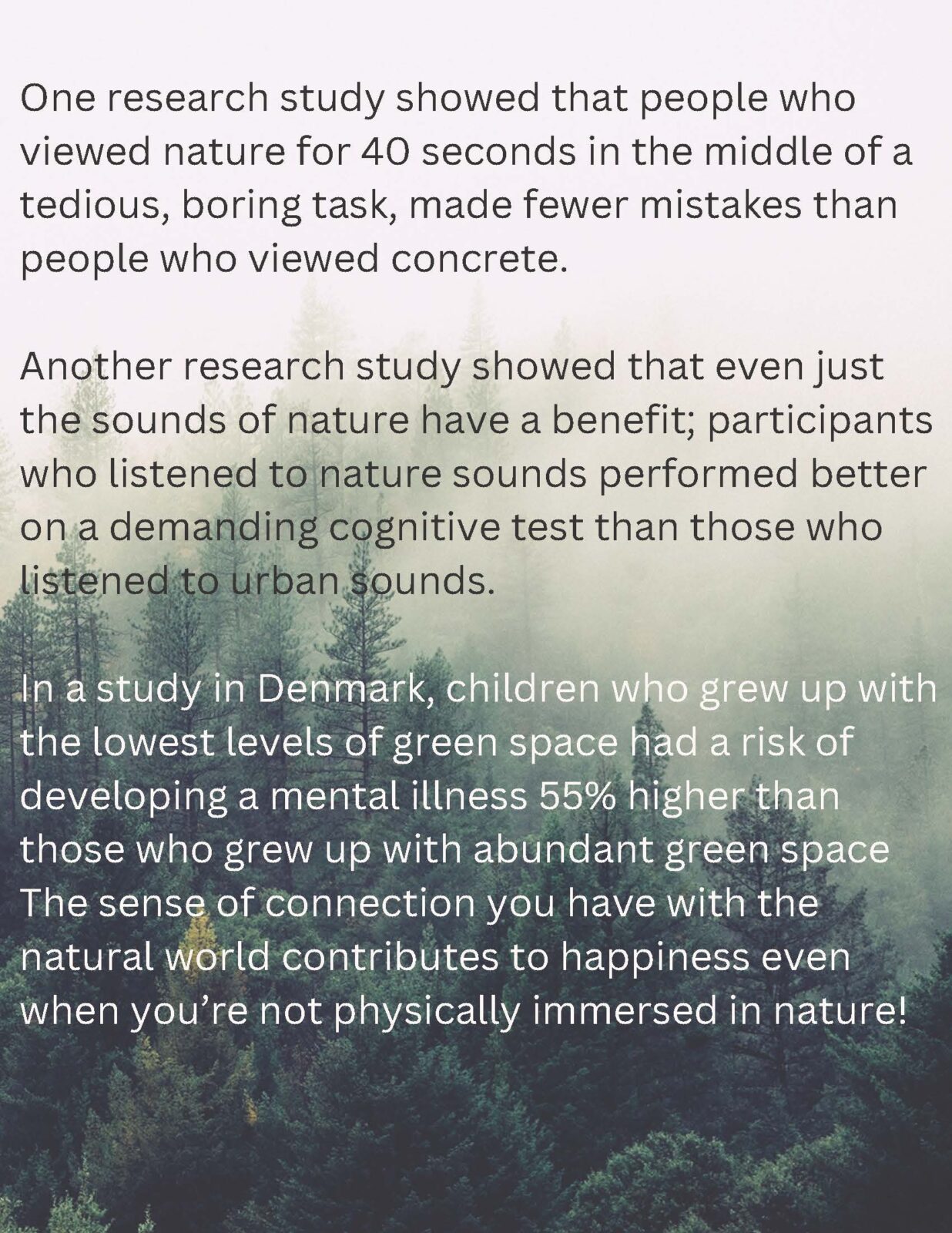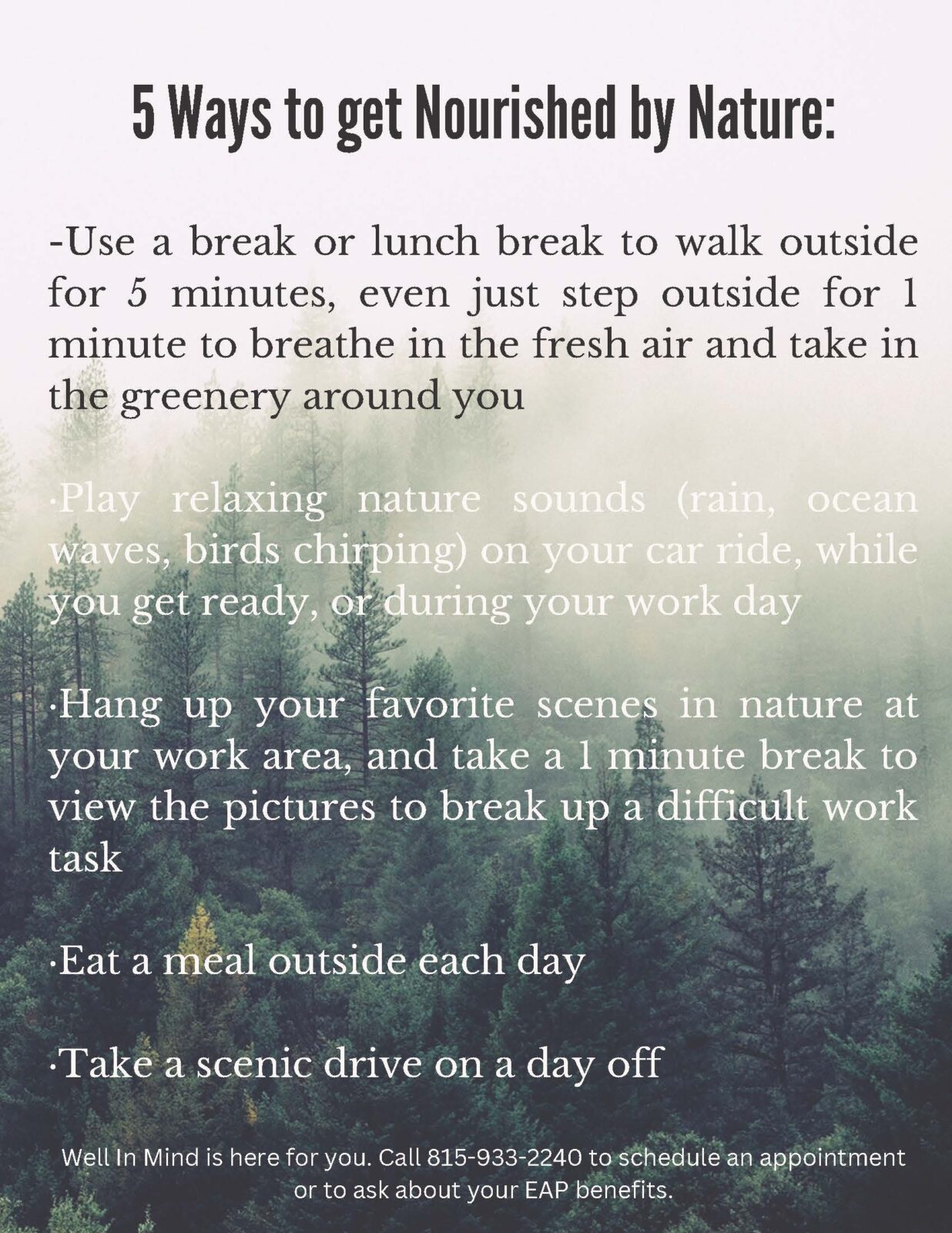Benefits & Resources
August REACH Newsletter
REACH Level 1 Deadline and Requirements
Level 1 – Due Aug. 31
Benefit Eligible Employee and Insured Spouse
- 2023 Participation Consent Form
- Online Health Risk Assessment
- Upload your Well Visit Form with REACH lab measures
- Your REACH Labs must be completed 24 hours prior to your Annual
Well Visit.
- Your REACH Labs must be completed 24 hours prior to your Annual
REACH labs may be drawn at the following locations. No appointment or order is necessary.
- Pavilion Outpatient Center
- Coal City
- Bourbonnais Campus
- Watseka
- Workforce Health
Health Insurance Premium Credit
- $780 Employee
- $520 Spouse
Employee must complete Level 1 for spouse to be eligible for spousal credit. All credits are applied to the employee health plan premium. Employee Financial Incentive: $100
Employee Wellness Department Key Dates
- National Immunization Awareness Month
- Watch for your “report card” via email on Aug. 15
- REACH Level 1 Deadline: Aug. 31
- REACH Level 2 and 3 Deadline: Dec. 15
HDHP With an HSA vs. PPO – Which is the Right Choice?
As you start thinking about Open Enrollment this Fall, you may be considering enrolling in one of our Health Savings Account (H.S.A.) plans for significant savings on health insurance premiums. The Health Savings Account or H.S.A. options have higher deductibles and office visits and prescriptions are subject to that deductible (no copayments), but they also have lower payroll contributions and allow you to set aside those savings into a Health Savings Account to pay for deductible and out of pocket expenses on a pre-tax basis. The best part of these plans is the lower payroll deduction amounts and the lower maximum out of pocket on the medical and pharmacy portion of the benefits. Plus, an HSA allows you to save money for qualified expenses, such as contact lenses or monthly prescriptions, as well as unexpected ones —now and in the future.
Why enroll in one of the H.S.A. eligible plans?
You own it – The money is yours until you spend it, including Riverside’s contributions of $850-$1100 annually. You keep it, even if you change jobs, health plans or retire.
Tax savings – HSA’s help you plan, save and pay for health care, all while saving on taxes. For example, if you make an annual contribution of $1,200, the annual income tax savings could add up to $452 (25% federal | 5% state | 7.65% FICA).
- The money you deposit is federal income tax-free.
- Savings grow income tax-free.
- Withdrawals for qualified medical, dental, or vision expenses are also income tax-free.
It’s not just for doctor visits – Once you’ve contributed to your account, you can use the funds in your I-ISA to pay for qualified expenses such as: Dental care, including extractions and braces, Vision care, including contact lenses, prescription sunglasses and LASIK surgery, Prescription medications and certain over-the-counter drugs, Chiropractic services, Acupuncture, etc.
Access to medications on the preventive drug list at no cost: Both H.S.A. plans includes access to the HDHP Preventive Drug list and medications on the list are available to you at no cost. Save for the future – Your HSA rolls over from year to year, so you can continue to grow your savings and use it in the future – even into retirement.
REACH Portal Spotlight Are you curious about the improvement of your health measures over time? Check it out now! Just visit the REACH portal and click on the Health Measures tab at the top of the homepage. There you can see how your biometrics have changed over time!
Well In Mind Self-Care Tip of the Week
Summer is a great time to think about self-care. With long sunny days and warmer weather, there are more opportunities than ever to switch up your routine and enjoy what the season has to offer. Even small changes to your routine can improve your self-care practice and overall mood. Focus on new ways you can be active, get outside and get involved with your community.
Try these 15 ideas for summer wellness:
- Ditch the couch and relax outdoors. Grab a blanket or lawn chair and something to read and set up camp on a shady patch of grass.
- Go for a stroll. A long walk can be a great way to clear your head and enjoy a warm summer afternoon. You can also grab a friend and get your exercise while catching up.
- Explore your local farmer’s market. Take advantage of seasonal produce and local vendors. A trip to the farmer’s market can be a great opportunity to try new foods and incorporate healthier options into your diet.
- Start a garden or join a community garden. Gardening can be a nice way to meditate, enjoy the outdoors and get some sunshine. It can also serve as a bonding time with your family or a way to make new friends. And at the end of the day, you can enjoy the literal fruits (and vegetables) of your labor!
- Tidy one small space. Perhaps a drawer or the top of your desk – even having one space clean and free of clutter can help you feel calmer.
- Make a summer feel-good playlist. Bring on the summer tunes! Music can be an effortless way to improve your mood and motivate you to get moving. Bonus points for listening while exercising or cleaning.
- Have a picnic. Enjoying a meal outside can be an easy way to get some fresh air and sunshine and shake up your daily routine.
- Try a new exercise. Getting those endorphins flowing can help calm your mind and improve your mood. Think about doing something outdoors like hiking, tennis or swimming. Just don’t forget your sunscreen and bug spray!
- Look for things going on in your community. Search online or in the newspaper for events going on around town. Consider outdoor movies, yard sales, festivals, farmer’s markets, concerts or dance classes. Making fun plans can help you feel excited and give you something to look forward to.
- Start or continue a journal. Writing can be a great way to express how you feel and check-in with your emotions. Or, it can just be a place to doodle or draw. Make it whatever you need.
- Reconnect with someone. Call an old friend – or even a grandparent or parent.
- Do an at-home spa day. Taking a bubble bath, using a face mask or doing a DIY pedicure can all be affordable ways to help yourself feel cared for. A candle, essential oils and relaxing tunes can all add to the spa vibe.
- Go exploring. Pull up a map and find a new area of town that you haven’t been to yet.
- Practice mindfulness. Try meditation or make a list of 10 things you are thankful for.
- Do a needs assessment. How did your last week go? Is there anything you could do to make next week better? Maybe you need more sleep, more social time or to prepare some healthy meals before your next busy week. Take a moment to reflect and think about how you can make time for whatever you need to best care for yourself.
.
Well In Mind is here for you. Call 815-933-2240 to schedule an appointment or to ask about your EAP benefits.
Wondr Health: Join the Program Today!
Wondr is an online program which helps you change how you eat instead of what you eat. Learn the skills to lose weight and keep it off forever while still eating your favorite foods. It is not a diet. As you lose weight, you also improve your health by improving the risk factors that can lead to serious, chronic diseases like diabetes, heart disease, cancer and more.
The Wondr program is covered 100% by Your Riverside UMR Health Plan as a preventative care benefit so there is no out-of-pocket cost and you can join at anytime!
Complete 8 WondrSkillssessions to also earn credit towards your Level 2 Reasonable Alternative Standard (RAS).
The entire dashboard is available to you 24 hours a day so you can watch whenever it is convenient for you. Click the button below for more information and to apply for the program.






